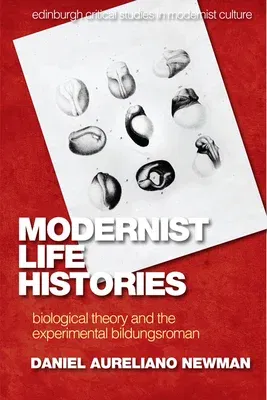Daniel Aureliano Newman
(Author)Modernist Life Histories: Biological Theory and the Experimental Bildungsroman (100,000)Paperback - 100,000, 25 August 2020

Qty
1
Turbo
Ships in 2 - 3 days
In Stock
Free Delivery
Cash on Delivery
15 Days
Free Returns
Secure Checkout

Part of Series
Edinburgh Critical Studies in Modernist Culture
Print Length
248 pages
Language
English
Publisher
Edinburgh University Press
Date Published
25 Aug 2020
ISBN-10
1474439624
ISBN-13
9781474439626
Description
Product Details
Author:
Book Edition:
100,000
Book Format:
Paperback
Country of Origin:
US
Date Published:
25 August 2020
Dimensions:
22.86 x
15.49 x
2.03 cm
ISBN-10:
1474439624
ISBN-13:
9781474439626
Language:
English
Pages:
248
Publisher:
Weight:
362.87 gm